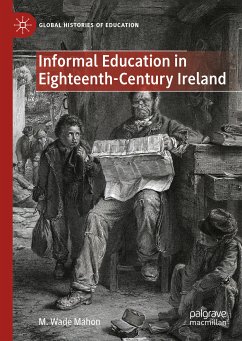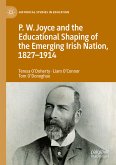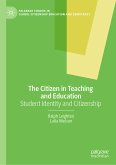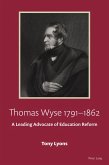This book documents an informal system of education that emerged in Ireland between the late 1750s and the end of the century, a system that operated largely without funding or direction by church or state. In a society as divided as eighteenth-century Ireland, it is remarkable that such a system could succeed, paving the way for the more formal reforms of Irish education that followed in the nineteenth century. Based on detailed evidence from newspaper advertisements, directories, educational prospectuses, textbooks, and other print documents from the period as well as previously unexamined manuscript resources, the author describes this system and how it functioned, emphasizing the transnational dimensions of print culture, English literature, and education reform.
Dieser Download kann aus rechtlichen Gründen nur mit Rechnungsadresse in A, B, BG, CY, CZ, D, DK, EW, E, FIN, F, GR, HR, H, IRL, I, LT, L, LR, M, NL, PL, P, R, S, SLO, SK ausgeliefert werden.









